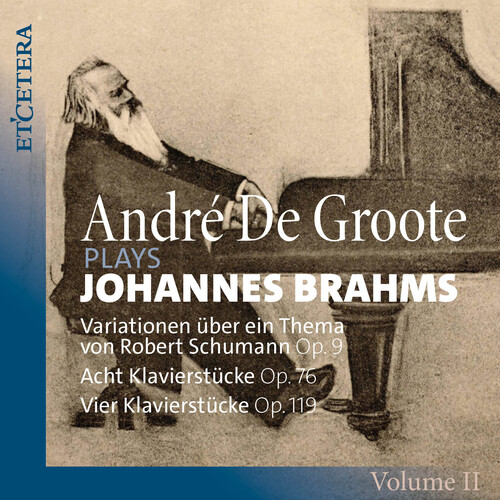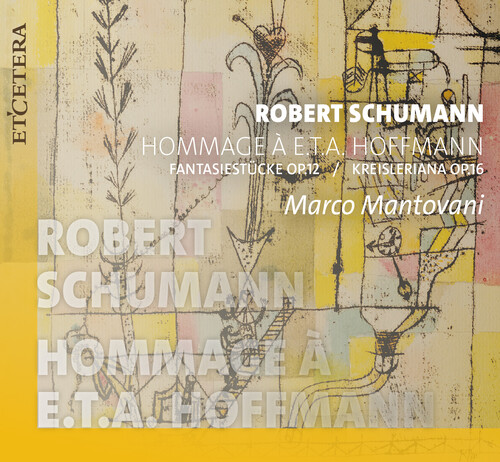1. Sonata No. 2 in D minor, Op. 121: Ziemlich langsam – Lebhaft
Composer: Robert Schumann
Artist(s): Jiska Lambrecht, Marco Sanna
2. Sonata No. 2 in D minor, Op. 121: Sehr lebhaft
Composer: Robert Schumann
Artist(s): Jiska Lambrecht, Marco Sanna
3. Sonata No. 2 in D minor, Op. 121: Leise, einfach
Composer: Robert Schumann
Artist(s): Jiska Lambrecht, Marco Sanna
4. Sonata No. 2 in D minor, Op. 121: Bewegt
Composer: Robert Schumann
Artist(s): Jiska Lambrecht, Marco Sanna
5. Romance Op. 22 No. 1: Andante molto
Composer: Clara Schumann
Artist(s): Jiska Lambrecht, Marco Sanna
6. Sonata No. 3 in D minor, Op. 108 : Allegro
Composer: Johannes Brahms
Artist(s): Jiska Lambrecht, Marco Sanna
7. Sonata No. 3 in D minor, Op. 108 : Adagio
Composer: Johannes Brahms
Artist(s): Jiska Lambrecht, Marco Sanna
8. Sonata No. 3 in D minor, Op. 108 : Un poco presto e con sentimento
Composer: Johannes Brahms
Artist(s): Jiska Lambrecht, Marco Sanna
9. Sonata No. 3 in D minor, Op. 108 : Presto agitato
Composer: Johannes Brahms
Artist(s): Jiska Lambrecht, Marco Sanna
10. Romanza : Adagio
Composer: Lodewijk Mortelmans
Artist(s): Jiska Lambrecht, Marco Sanna










Reviews
There are no reviews yet.